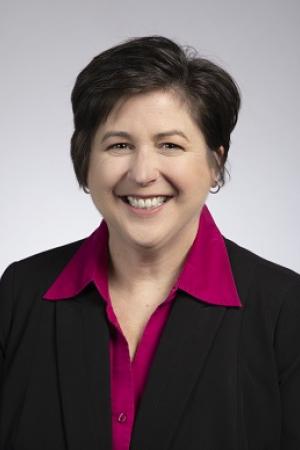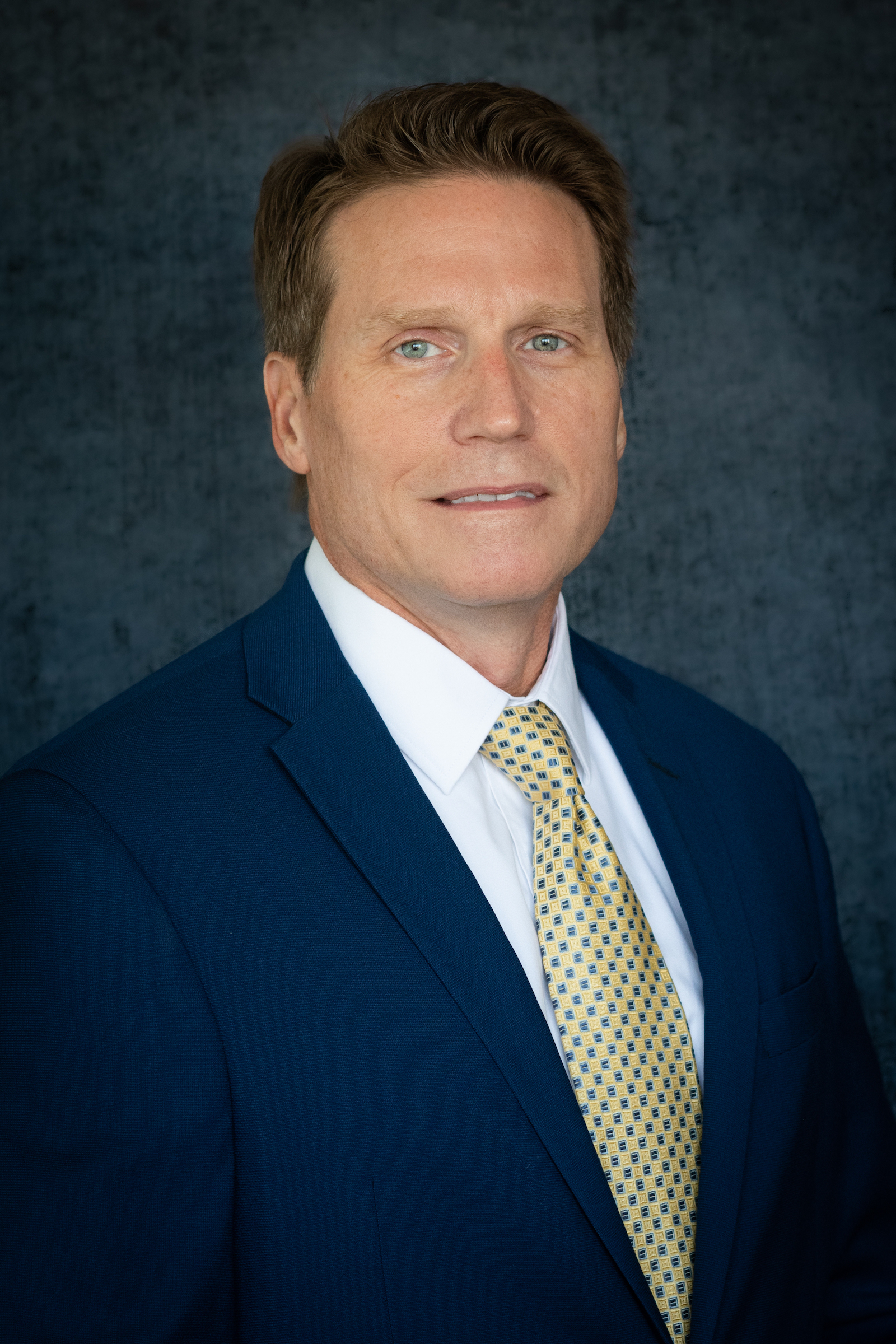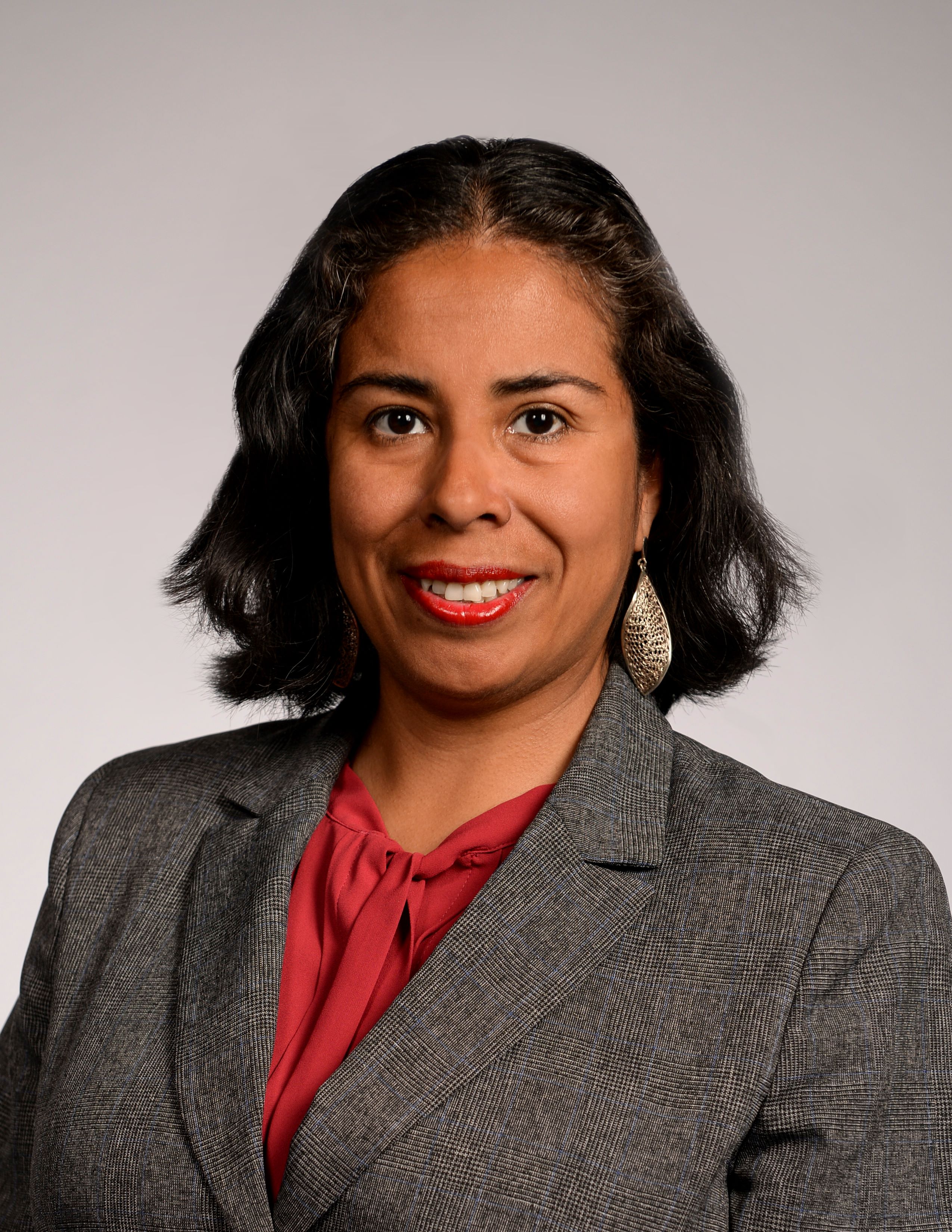Get started with Mizzou
Apply hereMaster of Public Affairs
For more than 50 years, Mizzou's Truman School of Government and Public Affairs has graduated tenacious, pioneering public servants. Our online Master of Public Affairs (MPA) program brings that legacy of excellence to you. You'll learn from top scholars in the field and build on the foundational skills you've developed over your career and education. As a Tiger graduate, you'll tackle the world's grand challenges. Shape public policy or work within political and private organizations and build a better world.
The online MPA program is a career stepping stone. It proposes that society benefits from collaboration among public, private and nonprofit sectors. Considering public policy’s influence, we take an interdisciplinary approach to curriculum. Courses stress the importance of research and public service. This method prepares our student body for ethical leadership in their future careers. It also invites a range of perspectives into the conversation. Our program promotes democratic discourse. This mirrors the field’s dynamic nature, connecting you with experiential learning opportunities.
Over about two years’ time, you’ll transform into a public service professional ready to take charge and inspire others. Rigorous, eight-week core courses give you a strong foundation to build from. This sets the stage for you to focus your knowledge and career path with a specialization. Throughout this program, you will:
- Grow your understanding of policy processes and management principles.
- Hone your critical thinking skills.
- Learn various uses for data analytics.
These skills will ensure you maintain an edge in a growing, competitive field.
The Truman School acknowledges that policy advances rarely happen in the classroom alone. That's why we collaborate with policymakers to prepare the next generation of leaders and scholars. Our faculty members are nationally recognized for their research and contributions to policy theory and practice. They will guide you toward invaluable opportunities for gaining experience. As you pursue your degree, you'll complete internships and a capstone project. In addition, you’re encouraged to participate in policy forum roundtables and attend lectures from industry scholars and research symposia. You’ll have the chance to cultivate relationships with practitioners across nonprofit, government and public service sectors.
About the MPA program
Mizzou's College of Arts and Science is proud to offer this robust online MPA program. Its structure takes into account the aspirations of current public affairs workers seeking to accelerate their careers. Over the course of this program, you will have the opportunity to:
- Develop a strong theoretical foundation in public affairs, policy and management.
- Enrich your analytics abilities.
- Apply classroom knowledge to major public policy and management issues.
- Learn through practical, real-world experiences.
- Grow your understanding of the public policy sector.
- Engage in internships, a capstone project and forum discussions.
- Learn about the techniques and methods for promoting directly from industry professionals.
- Discover new ways to analyze, evaluate, propose and facilitate solutions to tackle current policy challenges.
Quick facts
Official name
Master of Public AffairsCampus
Program type
Master's degreeAcademic home
College of Arts & Science | Truman School of Government and Public AffairsDelivery mode
100% onlineAccreditation
Higher Learning Commission; Network of Schools of Public Policy, Affairs and AdministrationEarly Career credit hours
36Early Career estimated cost
$19,846.80Mid-Career credit hours
30Mid-Career estimated cost
$16,539.00*This cost is for illustrative purposes only. Your hours and costs will differ, depending on your transfer hours, your course choices and your academic progress. See more about tuition and financial aid.

Career prospects
The Bureau of Labor Statistics predicts above-average growth for public affairs-related occupations through 2029, including 6% for political scientists and 17% for social and community service managers. Potential career paths utilizing your knowledge include:
- Public administration.
- Social services.
- Government relations.
- Policy analysis.
- Public health management.
- Nonprofit management.
Program structure
You’ll start with eight-week core courses before receiving guidance from a faculty member to select an emphasis.
The Truman School understands that students enter the online MPA program with varying experiences. Your history of post-baccalaureate work will be factored into your program's structure. Two structural options are available: a 36-credit-hour option and a 30-credit-hour option.
36 credit hours: This format is for professionals with a bachelor’s degree and fewer than three to five years of work experience in public affairs. It consists of 36 credit hours, including a 180-hour internship and a capstone project.
30 credit hours: This structure is geared toward mid-career professionals with a minimum of five years of work experience. No capstone or internships are required. Students can still opt to pursue real-world skills-building opportunities for their own benefit. Students with public service-related work experience upon admission may receive up to six credit hours towards the internship and capstone classes. Interested applicants must submit a statement of career eligibility alongside their application. Upon admission, students will receive further information about how to apply for this credit.
Across both structures, you’ll take 15 credit hours of core courses and 15 in your area of specialization. Emphasis areas reflect demand for advanced competencies and skills. These are fulfilled through elective credits and keep students competitive as potential hires. Specialization areas include the following:
Public management: Prepare to persevere in a public service management career. Courses help you address common local and government concerns. They introduce key administrative skills and stress the tenets of ethical leadership.
Nonprofit management: Transform and ignite change in the nonprofit sector. Learn how to compete for resources, analyze and identify community needs, and deliver appropriate services while remaining within an organization’s budget.
Public policy: Learn to drive policy initiatives. Gain greater insight into the processes, quantitative and qualitative research, and evaluation methods behind them. Refine your knowledge by exploring environmental, health, social or regional development policymaking topics.
The MPA program is 100% online. No on-campus visits are required. Classes are eight weeks long, and the average online student finishes in about two years.
Coursework includes
Through core courses, you’ll expand your knowledge of public affairs and envision yourself in a management role by studying:
- The history of public and nonprofit management.
- Public policy processes, including how demand is generated and transforms into new initiatives or legislation.
- The intersection of politics, policy and management, with a focus on strategy and tools of public action.
- Measurement, quantitative description, problem definition, policy research processes, analytical tools, evaluation and other research methods used in public affairs.
- Institutional changes, ethical and administrative obligations and other challenges inherent to public service in a liberal democracy.
Delivery
100% onlineCalendar system
8 weeksTypical program length
2 yearsTypical course load
1 class per 8 week sessionEarn a dual master’s degree
With this program, you can concurrently earn one of the following degrees:
- Master of library and information science
- Master of public health with an emphasis in:
The programs have separate applications and require a minimum of 12 hours of shared 8000-level or above graduate credit. Learn more about the academic process for dual master’s degree students at the Mizzou Graduate School website.
Accreditation
The University of Missouri is accredited by the Higher Learning Commission, one of six regional institutional accreditors in the United States. The MPA program is accredited by the Network of Schools of Public Policy, Affairs and Administration (NASPAA).
Faculty spotlight

Kathleen Miller manages the public affairs master's and graduate certificate and public administration and policy bachelor of arts programs. Dr. Miller teaches the core master of public affairs research methods courses, regional and economic development and the capstone. Prior to her role with the Truman School, she spent 15 years as the program director for the Rural Policy Research Institute (RUPRI), a bipartisan group of U.S. Senators seeking to develop an external, nonpartisan policy research institute to address the rural differential impact of public policies and programs. She worked on several key policy issues, including work with Congressional Agriculture Committees and the USDA on rural issues with the Farm Bill. Dr. Miller has been a leading expert on the relationship between which definition of “rural” the federal government uses and program effectiveness, working with RUPRI to prepare Congressional testimony on this topic.

Weijie Wang earned a doctorate in policy, planning and development (public management track) from the University of Southern California in 2015. Dr. Wang's research focuses on performance management and collaborative governance. His research on performance management explores how personnel management policies affect organizational-level outcomes such as employee turnover and organizational performance. His research on collaborative governance explores how to realize collaborative advantages and how power dynamics in collaboration affect network-level outcomes.
Dr. Wang’s research has been published in the "Journal of Public Administration Research and Theory," "Public Administration Review" and others. He received the 2014 Staats Emerging Scholar Award from the Network of Schools of Public Policy, Affairs, and Administration (NASPAA).

David Switzer’s work stands at the intersection of political science, public management and normative theory, emphasizing water policy in the U.S. Dr. Switzer's primary research focus is on how political and administrative variables shape the implementation and development of environmental policy at the local level. His current research agenda explores how the organizational structure of water utilities determines responses to the political, climatological and demographic environment in which the organization exists. He has additional interests in democratic theory, urban policy and environmental justice.

Joe Martin is a professor of practice and serves as general counsel for the Missouri Division of Credit Unions. He has held several senior-level positions over 30 years in the executive and legislative branches of the Missouri state government. He earned his Juris Doctor and master's in public administration from the University of Missouri and completed the senior executives in state and local government program at the Harvard Kennedy School of Government.
He is a member of the Master of Public Affairs Committee and the Alumni Advisory Board for the Truman School of Government and Public Affairs. He is a veteran of the U.S. Air Force.
In 2017, he served a three-year appointment by the U.S. Department of the Treasury to represent Missouri on the IRS Taxpayer Advocacy Panel, a nationwide federal advisory committee. He was the recipient of the 2020 Truman School Teaching Excellence Award.

Irma Arteaga earned a master's in public policy and a doctorate in applied economics from the University of Minnesota. Dr. Arteaga's research seeks to understand the consequences of early childhood investments over the life course. Specifically, she examines the role of contextual factors and program dosage, intensity and components on children’s well-being. Her research agenda has three dominant themes: analysis of the short-term effects of early childhood interventions and program delivery on children’s well-being, analysis of the long-term effects of child policy on children’s well-being, and analysis of early childhood investments in the developing world.

